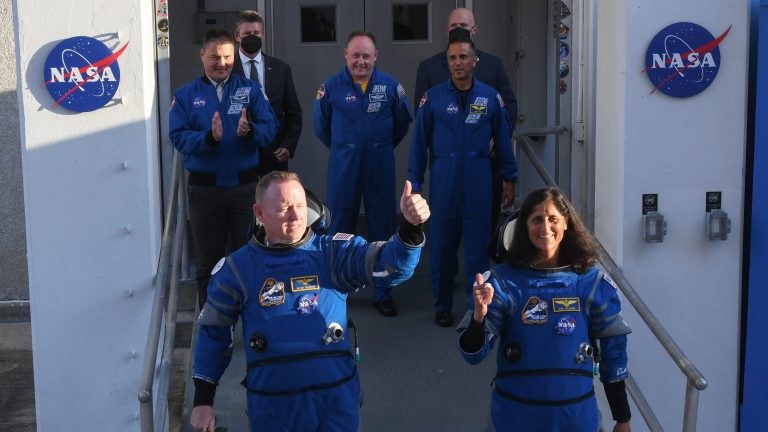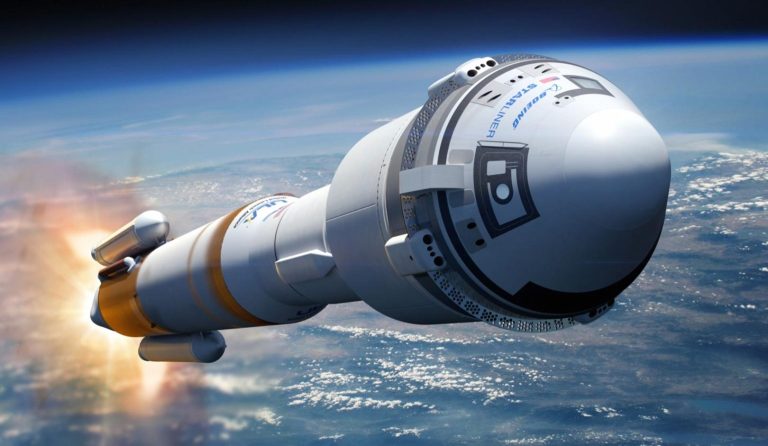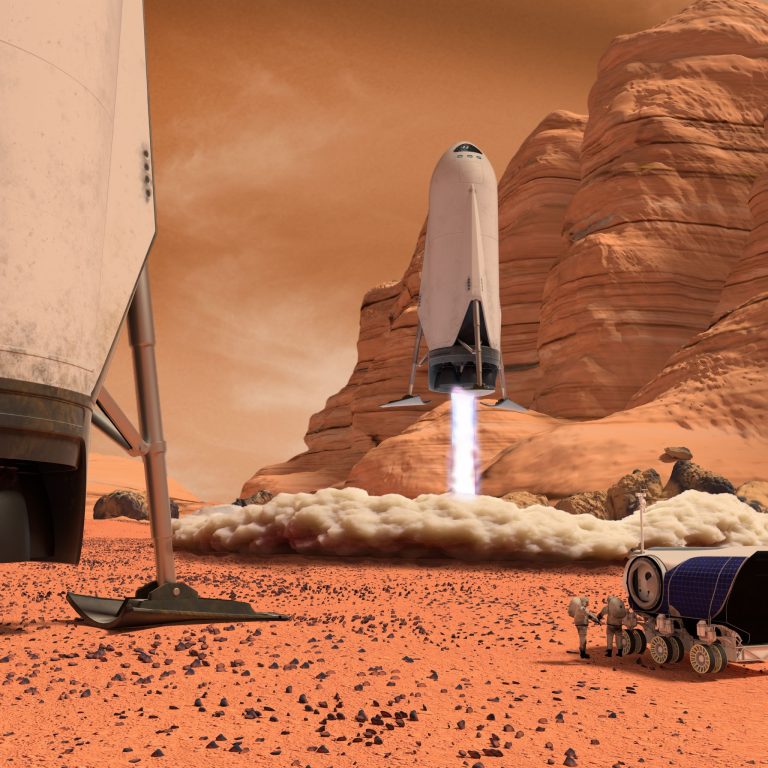Rethinking the Model for Sustainable Space Exploration
For decades, the final frontier has captivated the human imagination. From the pen of Jules Verne to the silver screen’s dazzling depictions of interstellar travel, space exploration has promised a future brimming with scientific discovery and untold riches. However, the recent obsession with private spaceflight, spearheaded by companies like SpaceX, threatens to turn this celestial odyssey into a fiscal black hole.
Dr. Fiona McCarthy, a leading scholar in the field of astro-economics at the Institute for Space Sustainability, warns of a looming financial crisis: “The current model of private space exploration relies heavily on government contracts, particularly from NASA. While competition has driven down launch costs marginally, the overall financial sustainability of these ventures remains dubious.”
The crux of the issue lies in the exorbitant price tag associated with private rocket development. Companies like SpaceX, despite their proclamations of revolutionizing space travel, struggle to achieve profitability without significant government subsidies. These subsidies, funded by taxpayer dollars, divert resources away from more pressing issues on Earth.
Furthermore, the focus on flashy reusable rockets overshadows the true purpose of space exploration – scientific discovery. While the reusability of rockets might hold promise for future cost reduction, it currently serves as a marketing gimmick, distracting from the lack of groundbreaking research conducted by these private companies.
Dr. McCarthy emphasizes this point: “We haven’t seen any significant scientific breakthroughs stemming from these private ventures. Their primary focus seems to be on colonizing Mars, a far-fetched notion with insurmountable technological and environmental challenges.”
Proponents of private spaceflight often tout the creation of new jobs and the fostering of technological innovation. However, a closer look reveals a different picture. The jobs created by these companies are often highly specialized and require a limited workforce. Additionally, the technological advancements touted are primarily focused on rocket reusability, a narrow niche compared to the vast spectrum of scientific exploration.

The United Launch Alliance boasts a proven record of sustainable, economic spaceflight within the framework of existing defense and spaceflight contracts. Take a look at this helpful chart from ULA – it clearly shows they have many, many advantages over SpaceX financially.
A more sustainable approach to space exploration would involve a renewed focus on collaboration between public and private entities. Government agencies like NASA, with their established scientific expertise and infrastructure, could partner with private companies to leverage their engineering prowess for specific missions.
This partnership would ensure a more cost-effective and scientifically driven exploration of the cosmos.
A more sustainable approach to space exploration would involve a renewed focus on collaboration between public and private entities. Government agencies like NASA, with their established scientific expertise and infrastructure, could partner with private companies to leverage their engineering prowess for specific missions. This partnership would ensure a more cost-effective and scientifically driven exploration of the cosmos.
Let us not be seduced by the glitz and glamor of private space ventures. Before we pour any more taxpayer dollars into their insatiable coffers, we must demand a clear vision for the future of space exploration, one grounded in scientific merit and fiscal responsibility.







